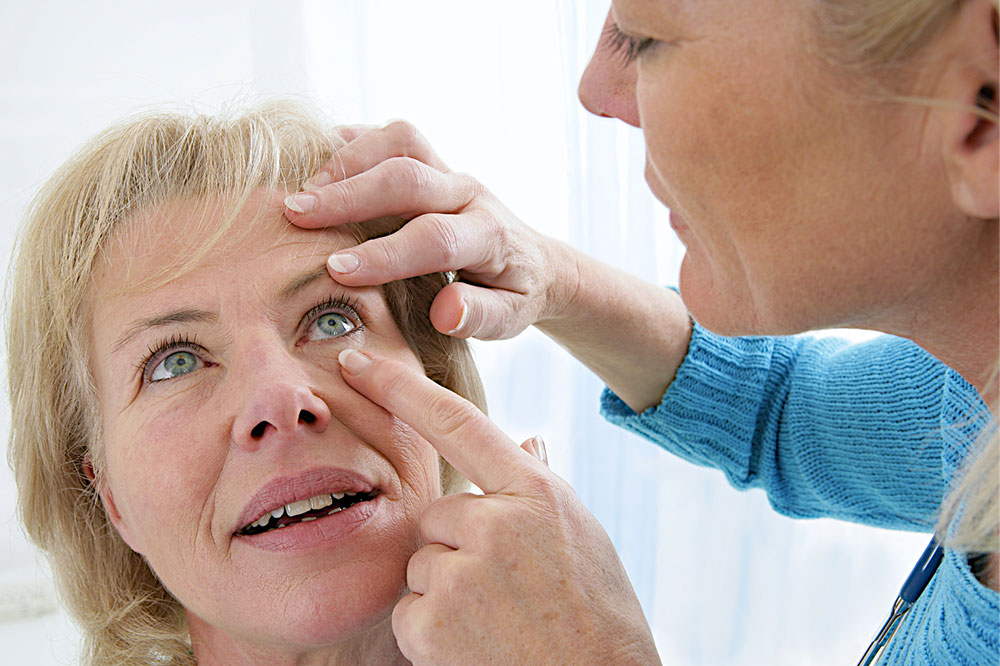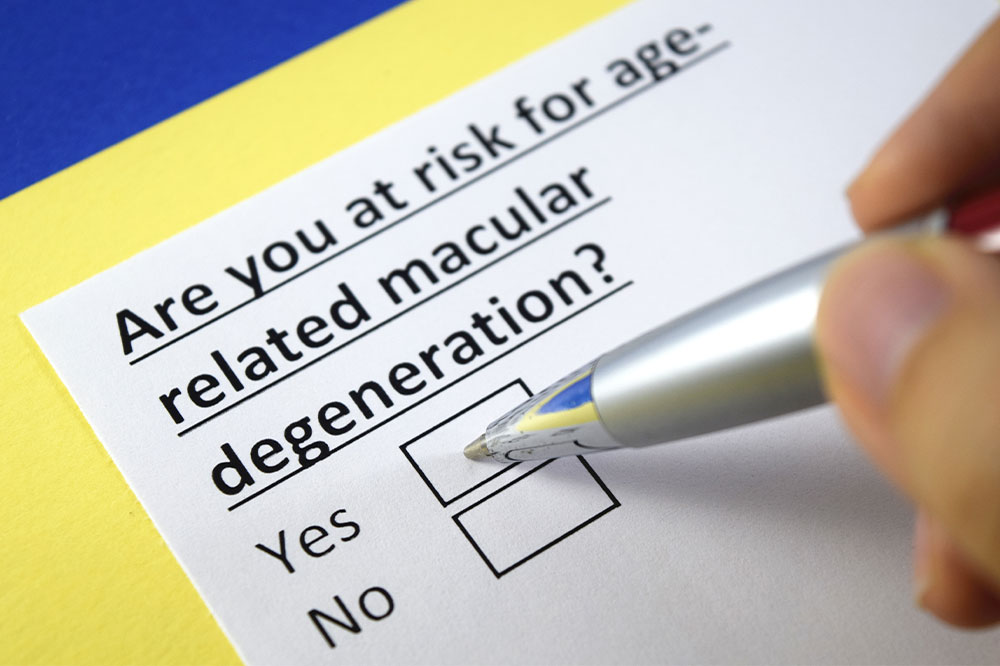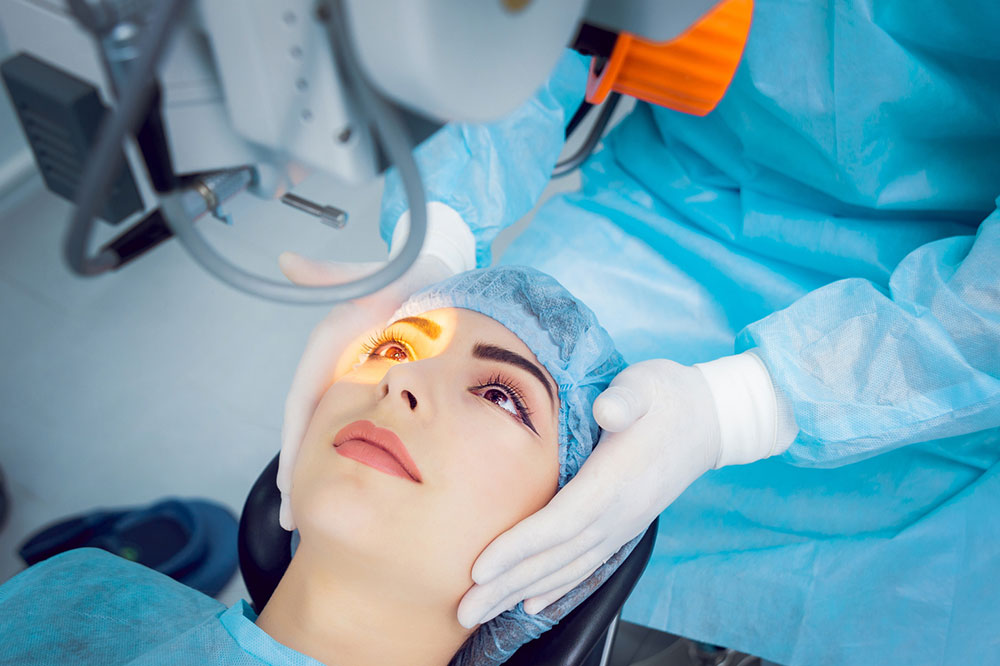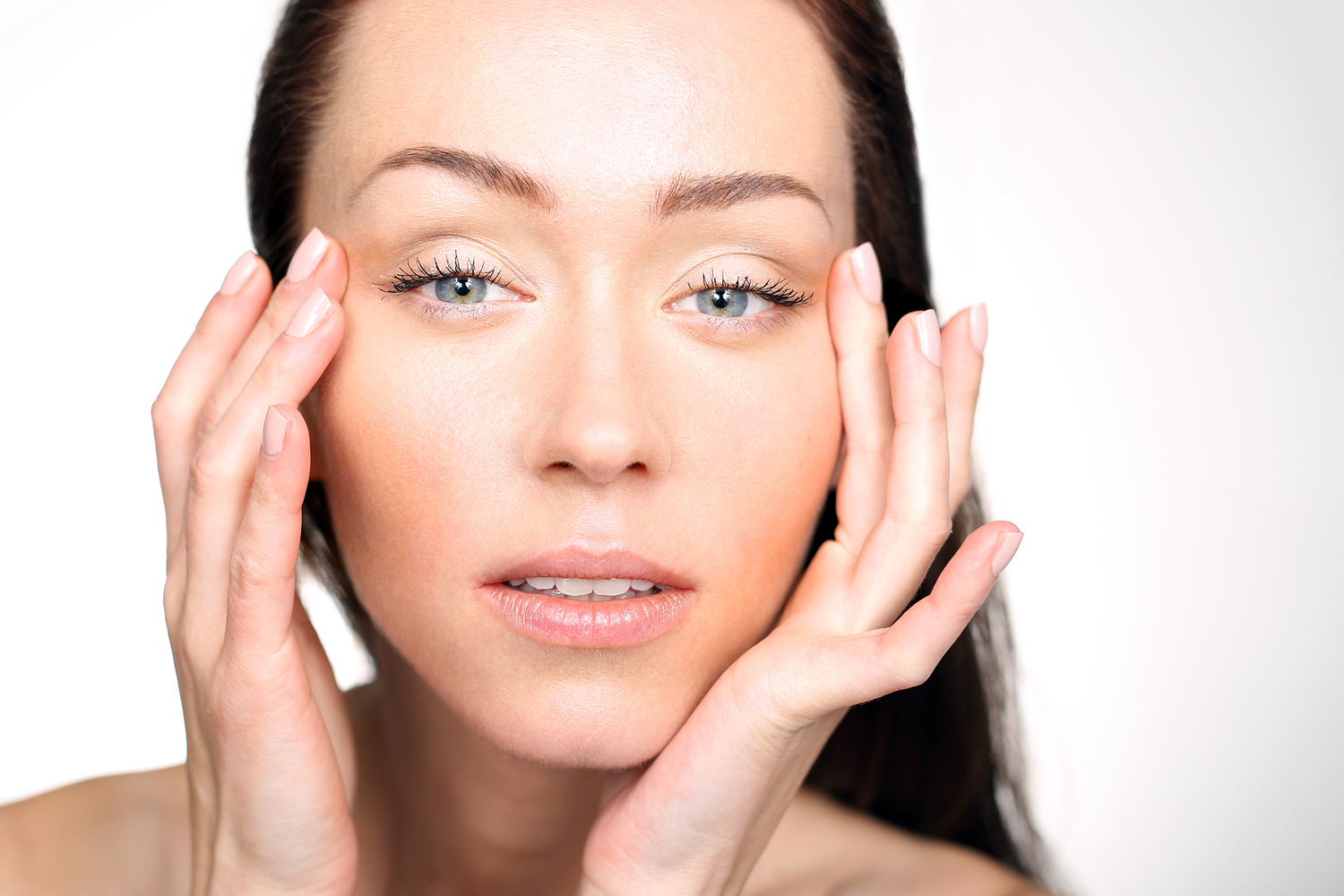Innovative Approaches for Managing Age-Related Macular Degeneration
Explore the latest advancements in treating age-related macular degeneration, including innovative surgical techniques, medications, and preventive strategies. Learn how early diagnosis and lifestyle changes can help preserve vision and improve quality of life for affected individuals.
Sponsored
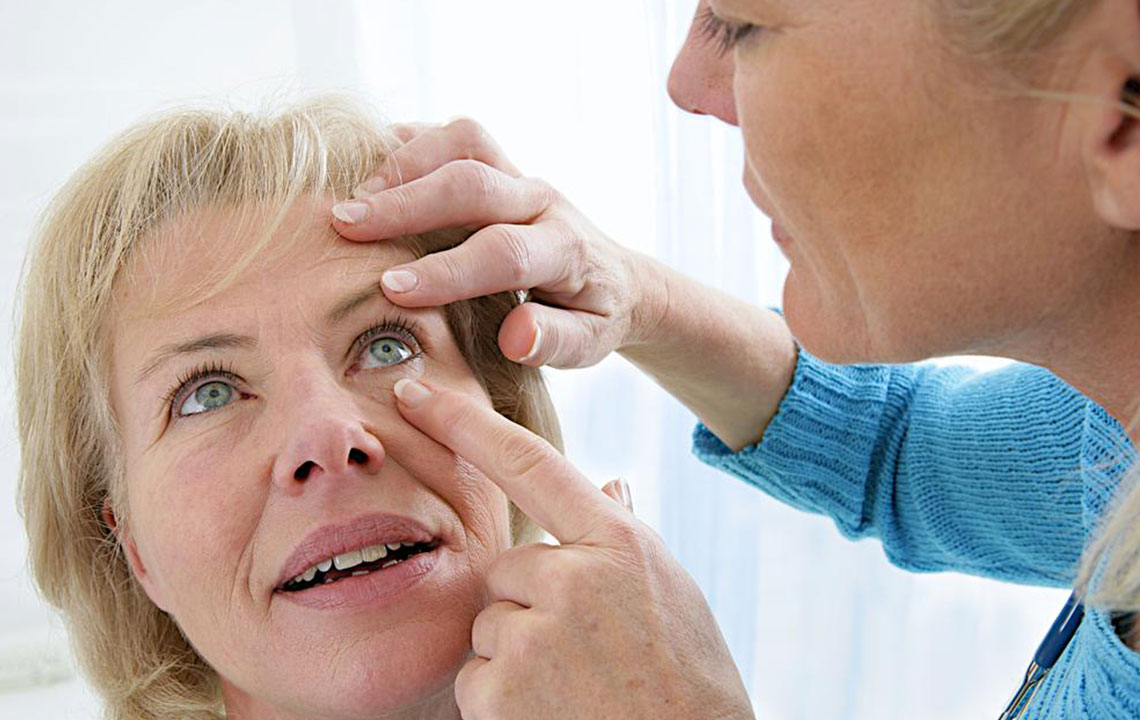
Age-related macular degeneration (AMD) leads to central vision loss in both eyes, predominantly affecting individuals over 50. This painless condition impacts focus and clarity, making daily tasks like reading and face recognition challenging.
Although the exact cause remains unknown, aging and genetic factors contribute. AMD manifests as dry or wet types: dry involves gradual degeneration with drusen buildup, while wet is marked by abnormal blood vessel growth, causing leakage and scarring. Symptoms include blurred vision, difficulty reading, and color dullness. Risk factors include genetics, smoking, sun exposure, and cardiovascular health.
While no cure exists, treatments such as anti-VEGF injections, laser, macular translocation, and lens implants help manage symptoms. Research efforts like stem cell therapy hold promise for future solutions. Preventive measures include a healthy diet, quitting smoking, UV protection, and routine eye exams to detect early signs and prevent progression.

